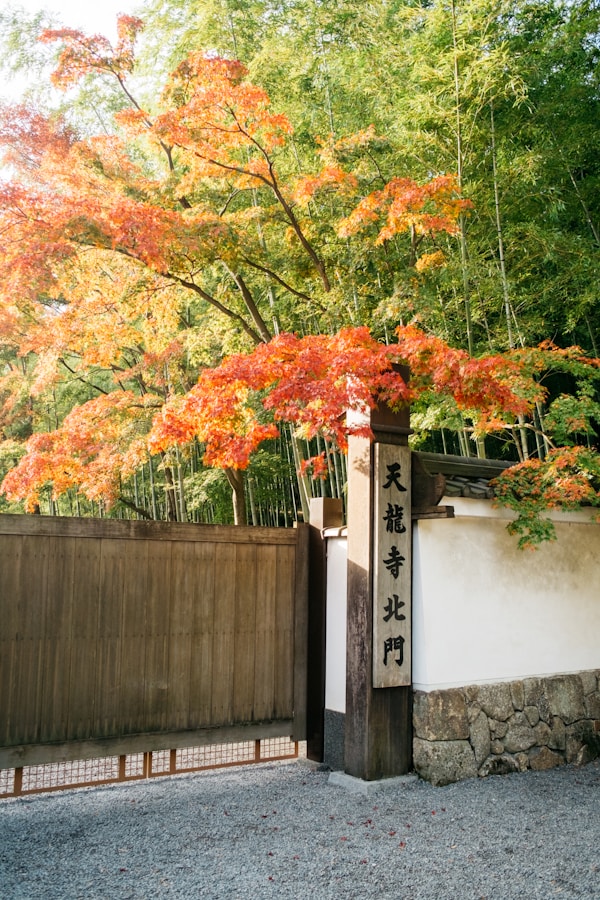.svg)
Why Seasonal Maintenance is Crucial for Akiya Properties
.svg)
.svg)
.svg)

Japan’s real estate market operates in a unique rhythm, influenced by cultural practices, fiscal cycles, and even the weather. Understanding these seasonal trends can give buyers an edge, whether you're purchasing a modern home or a charming akiya. This guide explores the best times of the year to buy property in Japan and what factors to consider for a strategic purchase.


Japan’s real estate market operates in a unique rhythm, influenced by cultural practices, fiscal cycles, and even the weather. Understanding these seasonal trends can give buyers an edge, whether you're purchasing a modern home or a charming akiya. This guide explores the best times of the year to buy property in Japan and what factors to consider for a strategic purchase.

Spring is a bustling time for Japan’s real estate market, coinciding with the start of the new fiscal and academic year in April.
If you're targeting rural properties like akiya, spring is a good time to explore as local governments often launch revitalization campaigns to coincide with the busy season.
The summer months see a lull in activity as Japan’s intense heat and humidity discourage house hunting.
Summer is ideal for buyers who value flexibility and are willing to take the time to find hidden gems.
Autumn is often considered the best time to buy property in Japan, especially in rural regions.
This is an excellent time to explore akiya properties, as autumn festivals and local events offer a glimpse into the community you may be joining.
Winter is the slowest season for real estate in Japan, but it can be a great time for serious buyers.
Winter is ideal if you’re looking for a bargain and are prepared to navigate the logistical challenges of the season.
For international buyers, fluctuating exchange rates can significantly impact the overall cost of a property.
The best time to buy property in Japan ultimately depends on your priorities:
Understanding these seasonal trends and tailoring your search accordingly will help you make the most of your investment.
Whether you're searching for a modern urban property or a traditional akiya, timing your purchase can lead to better deals and a smoother experience. Stay informed about seasonal trends, and let Old Houses Japan guide you through every step of the process.
Start your journey with Luxey today! Sign up for free and get instant access to the best property listings.



